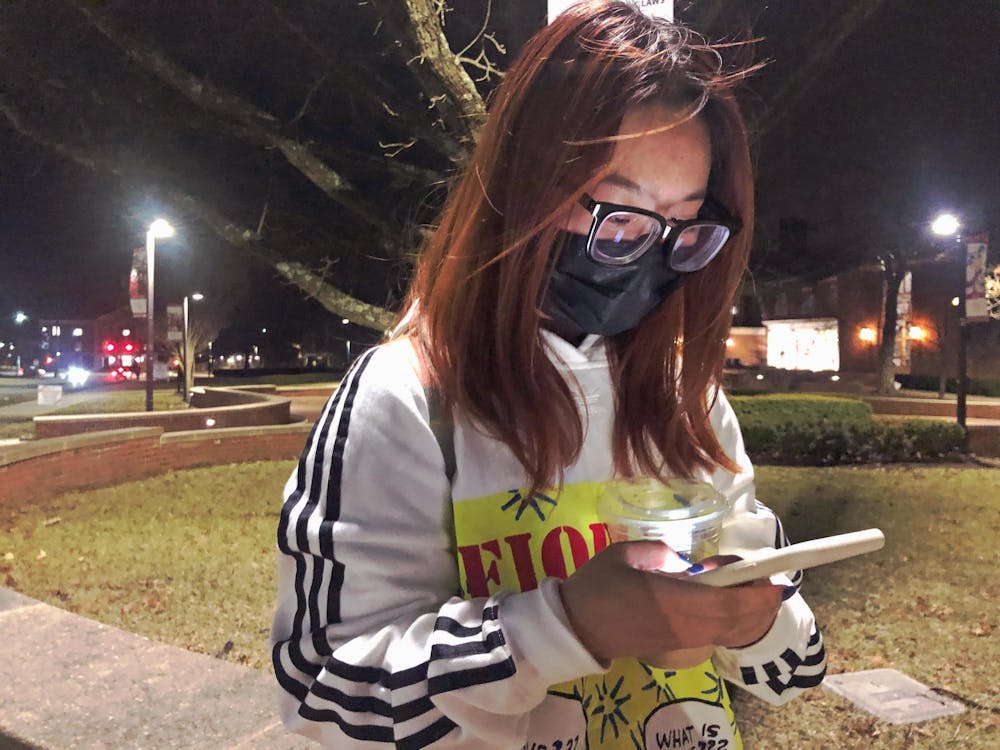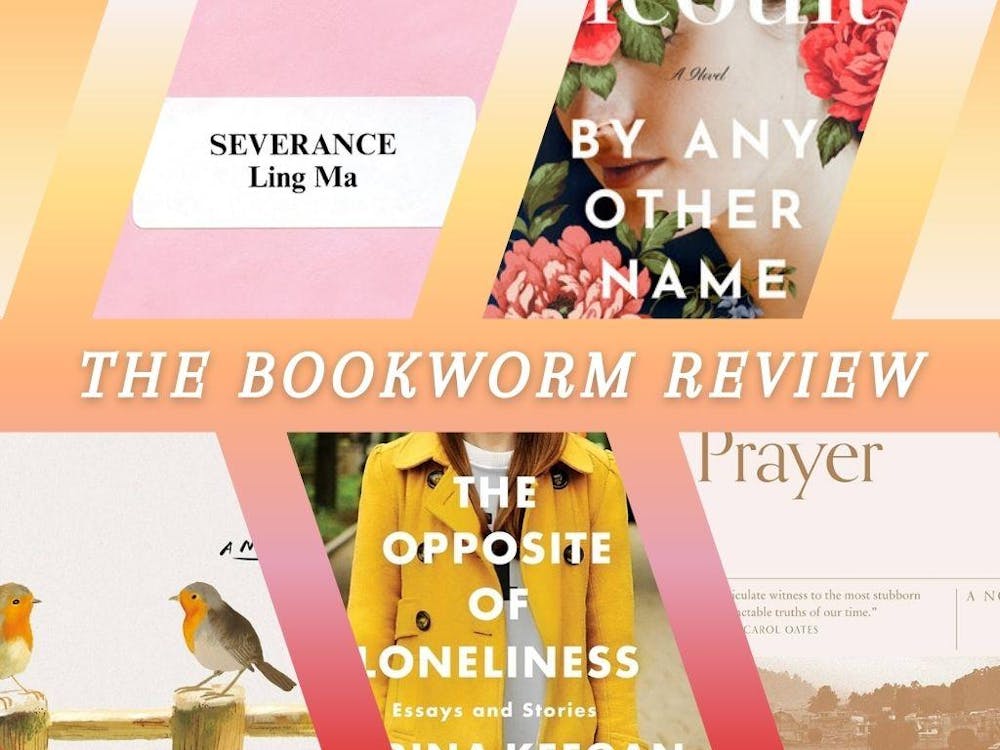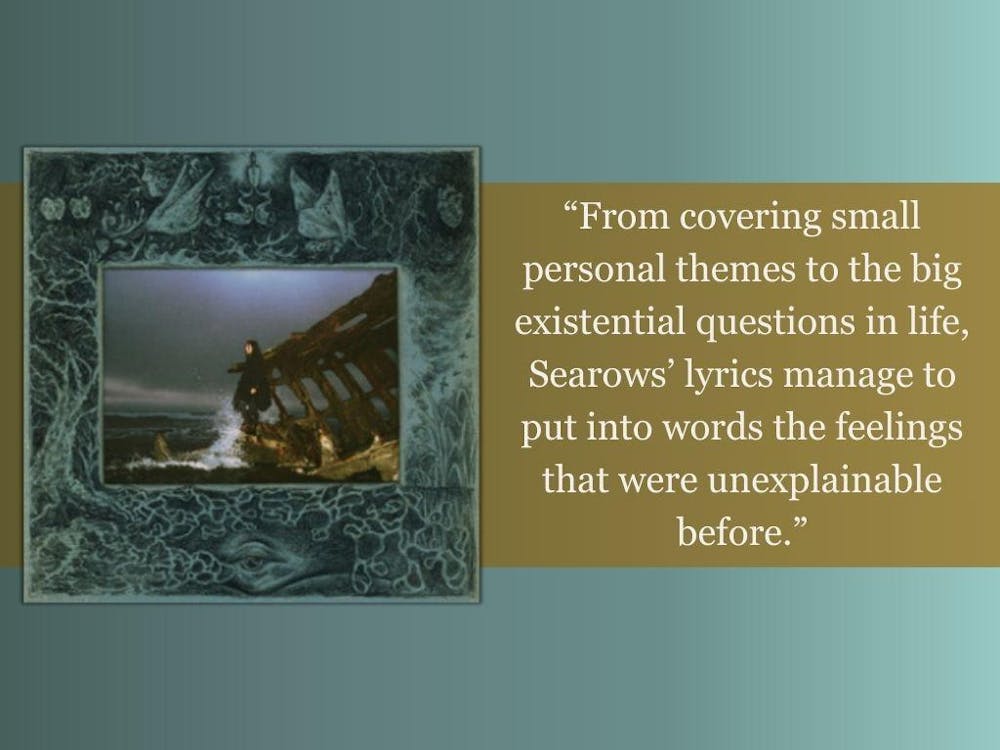When Miami University junior Liangjie Li experiences racism, he has two choices: ignore it or respond.
“It depends how I feel at the time, or how I was feeling that day,” Li, a software engineering major from Beijing, said. “If I’m feeling so bad and I was messing up, I might fight back because I was just mad.”
Li didn’t get to travel back to China over break, but when he started classes this semester, he was asked multiple times where he was from, and whether or not he was from Wuhan (the center of the coronavirus outbreak). But that doesn’t bother him very much.
“I’m scared as well, so I totally understand why they ask that,” Li said.
But Li has faced some difficult encounters the past few weeks, especially while playing online games. The online environment offers some form of anonymity, and though Li tries to explain the truth about the coronavirus, he says the people he interacts with online still trash-talk and use racial slurs.
“They don’t need to take any responsibility for it,” Li said. “Nobody knows who they are. They’re not scared of anything.”
Junior Emily Hays isn’t Chinese. She is, however, online. Scrolling through various social media websites, she’s seen both the best and worst sides of students responding to the rumoured outbreak.
“I don't think most students have gone through a health emergency like this before, especially so close to home,” Hays said. “I think many acted out of fear online, while in classrooms the atmosphere felt calmer and less fearful.”
But not everyone reacted with Hays’ level-headedness.
In response to Hays’ tweet directed at Miami’s student body urging students to resist any urges to act in biased ways, many posts featuring xenophobic and racist sentiments emerged. Some were written with hygienic and proactive sentiments in mind. Others were more vitriolic.
“I intended the tweet to only be a gentle reminder to be kind to fellow students," Hays said. "The responses to the tweet varied from support - to outright racist memes and comments with more misinformation.”
Some parents and students expressed disconcertion regarding the health and safety of Miami’s domestic students. A few went so far as to argue for conditions similar to a quarantine.
Enjoy what you're reading?
Signup for our newsletter
These online fears contributed to an environment at Miami already thick with tension.
Senior kinesiology major Diwen Chen explained that underlying tension is present on campus within the international community itself this semester.
“I would say there are moments that I feel a little bit tense when I interact with my Chinese friends, actually,” Chen, a student from east coast China said. “They are a little bit nervous and they are really, really trying to be protected.”
Face masks represent one form of protection, but Chen says in China, masks are worn to protect against pollution so the action is normalized. And though Chen hasn’t experienced racism personally, he has observed instances of prejudice in regards to mask use.
“I see a lot of international students who wear masks going out, and then that kind of brings forth the image of the stereotypical Asian students: They are the sources of the virus and if you see someone wearing a mask, you should stay away from them,” Chen said.
Though there are multiple international student organizations, Li wishes there were more events on campus to familiarize domestic students with other cultures. If an event like the coronavirus panic were to occur again, the Miami community would then be more informed, unified and understanding.
For Li, although his English is sufficient for his academic studies, he says it can prove both intimidating and a bit discouraging when he’s unable to follow casual conversations full of American phrases.
“Sometimes we’re a little bit shy to talk,” Li said. “So even though we want to talk with [domestic students] about something, we just don’t know how to start.”
Hays agreed. As a domestic student, she acknowledged that the Miami community’s efforts to include international students are far from perfect.
“I think Miami's cultural acceptance of international students, in general, is pretty high, but there's definitely some underlying issues that some students have experienced,” Hays said. “For example, some students will often try to avoid being grouped with international students due to communication issues or something along those lines.”
There are no active cases of coronavirus in Oxford. But for the brief moment when two students were suspected of contracting the disease, tensions flared. Surgical masks sold out across town. That, in addition to the slew of offensive memes and posts shared on the internet, made it clear the Miami community was unnerved.
Now, a week after the all-clear announcement, there’s still distrust and xenophobia, both online and in-person.
But in the wake of the panic and negativity, Hays found something to focus on going forward.
“If there's anything good to come out of this, I think that it started a conversation amongst some to help protect and prevent hateful statements and acts from occurring and approaching them with zero tolerance,” Hays said.
Additional reporting by David Kwiatkowski.




